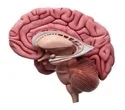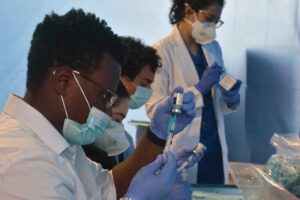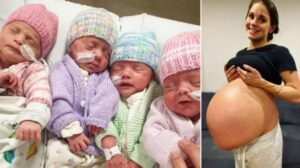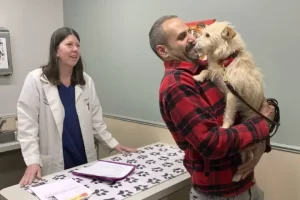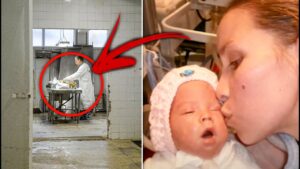University of Miami Health System, University of Miami Miller School of Medicine, and UHealth researchers have demonstrated that COVID-19 infections penetrated the placenta in two instances, resulting in brain injury in the newborn in both cases.
Both infants were diagnosed with SARS-CoV-2 at birth, but they were admitted to the Neonatal Intensive Care Unit (NICU) at Holtz Children’s Hospital at University of Miami/Jackson Memorial Medical Center, a teaching hospital associated with UHealth and the Miller School. This suggests that either antibodies crossed the placenta, or the virus was passed and the baby’s immune system responded to it.
Both newborns had seizures, had small heads, and had developmental problems; one infant passed away at the age of 13 months.Pediatrics published a paper on April 6 titled “Maternal SARS-CoV-2, Placental Changes, and Brain Damage in Two Neonates.” The first study to demonstrate cross-placental SARS-Cov-2 transmission resulting in neonatal brain damage.
These neonatologists have noticed temporary lung illness and occasionally blood pressure problems in newborns who had similarly negative prenatal tests but were born to COVID-19 positive moms early in the COVID-19 epidemic. This suggested an infection, but it wasn’t clear if the issues were brought on by cytokines that create inflammation in the placenta or whether the SARS-CV-2 virus actually crossed the placenta and hurt the infant.
“If we observed a newborn presenting in this manner, we would diagnose hypoxia ischemic encephalopathy, which is brain injury brought on by reduced blood supply,said Michael Paidas, M.D., Jackson’s chief of service for obstetrics and gynecology and professor and chair of the Department of Obstetrics, Gynecology and Reproductive Sciences at the University of Miami Miller School of Medicine. “Yet, this was not brought on by insufficient blood supply to the placenta. As far as we can tell, the viral infection was to blame.” By definition, for the presence of hypoxic ischemic encephalopathy in newborns to be recognized at birth, a sentinel event in the mother during labor must have occurred.
Ali G. Saad, M.D., a professor at the Miller School, a neuropathologist, and the head of Holtz Children’s pediatric and prenatal pathology service, evaluated both placentas and discovered distinctive placental pathological alterations brought on by SARS-CoV-2 in both placentas.
